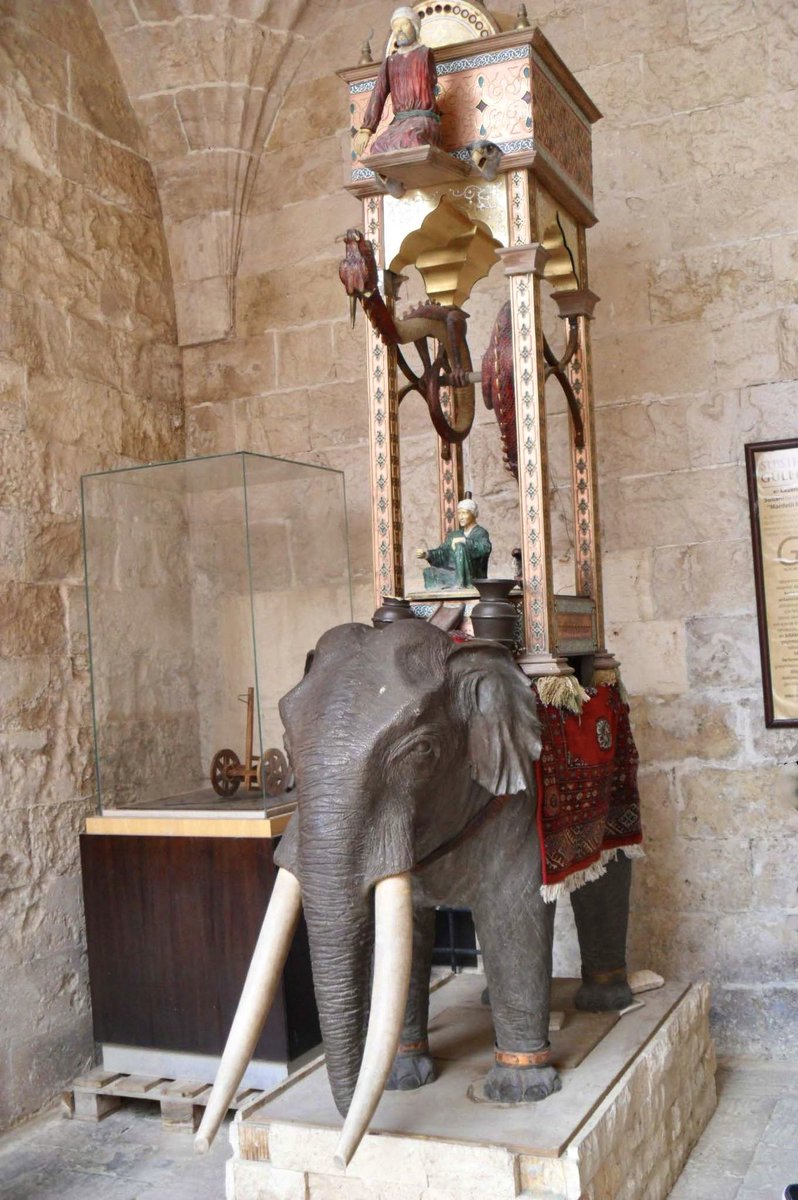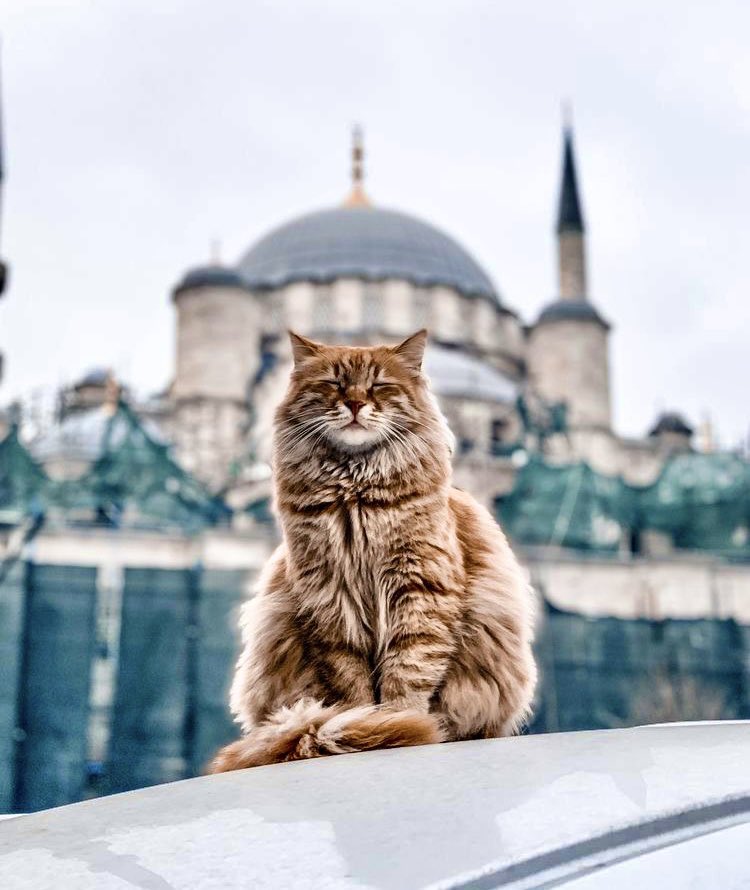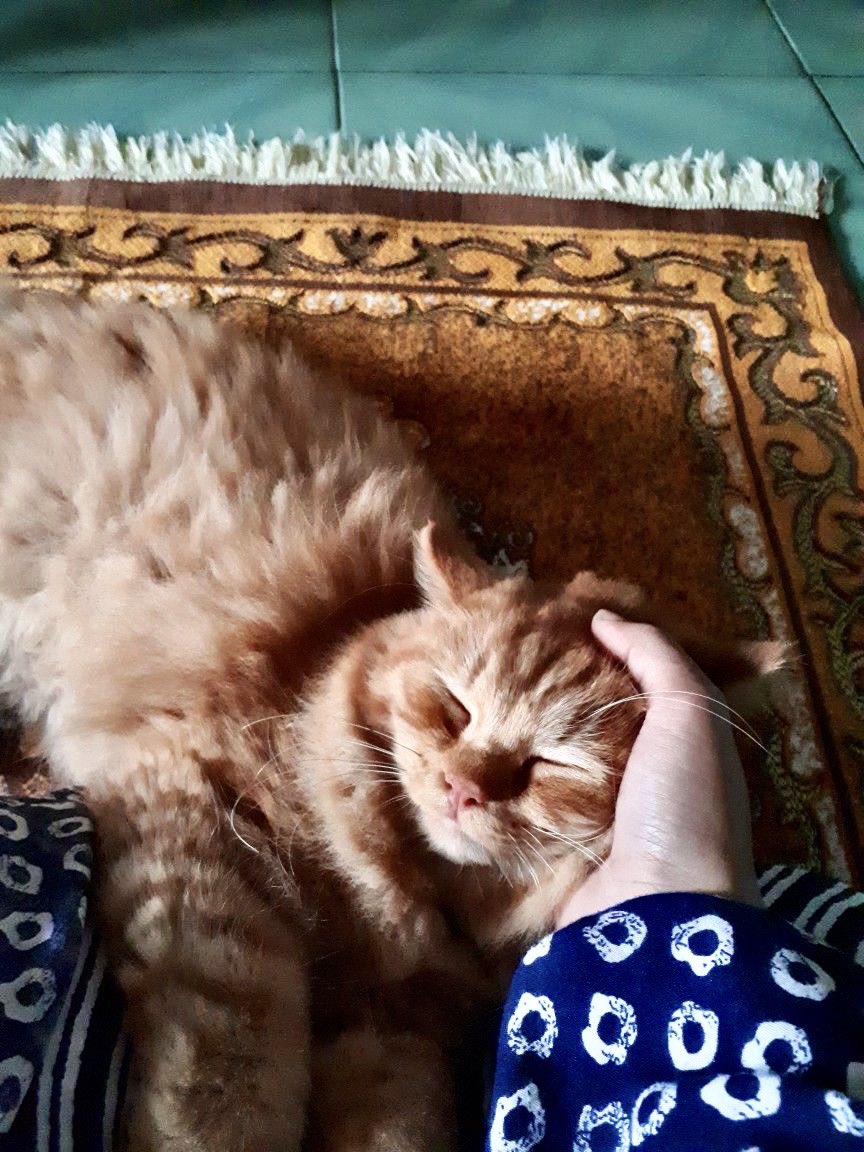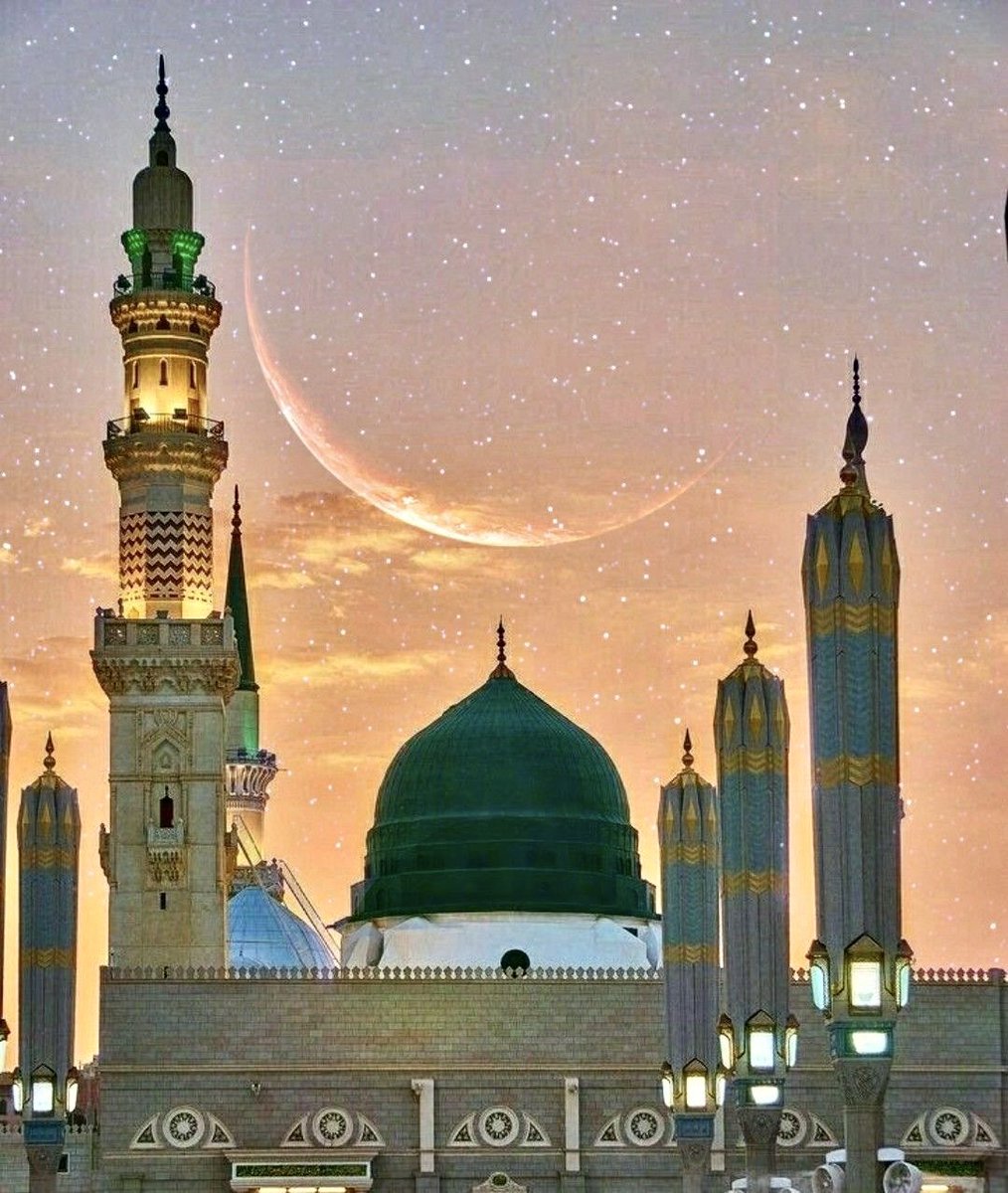
Islam & hip-hop have always been aligned. Historically, there was a poetry culture among Arabs where poets would battle each other. The Quran refers to these poets in many places with a whole Surah named Ash-Shu‘ara or The Poets
For #NationalHipHopDay a thread on Islam & hip-hop
For #NationalHipHopDay a thread on Islam & hip-hop

1/ Prophet Muhammad (PBUH) was known to enjoy the art form of poetry, and he assigned Muslim poets to answer to the verbal challenges of non-Muslim poets. In this way, poetry performed the role of dawah or an invitation to Islam #hiphopday
Calligraffiti Artist Diaa Allam
Calligraffiti Artist Diaa Allam
2/ The Quran is encouraged to be recited aloud & memorized. Similarly, hip-hop has a tradition which is about recitation & memory. In 3 different Surahs, the Quran refutes its disbelievers by challenging them to attempt to write a better text
Calligraffiti Artist Diaa Allam
Calligraffiti Artist Diaa Allam
3/ Poetry battles took place in South Asia from the 11th c. through Qawwali - a form of music practiced by Sufis to inspire religious devotion. Qawwali performers are talented musicians & poets, able to adapt to different moods of ceremonies & improvise through poetic battles 

4/ This is directly related to early hip-hop culture, with artists experimenting with spoken word & delivery – competing through lyrical battles. The Quran is considered the highest form of communication, and linguistic mastery is important in both Islam and hip-hop 

5/ The precursors of hip-hop music were a group of African-American and Latino poets from New York City called the “Last Poets”. The group was formed on May 19, 1968 in Harlem, New York City out of a black writer’s workshop. 

The original line up of the Last Poets was Gylain Kain, Abiodun Oyewole, David Nelson, Felipe Luciano, Omar Bin Hassen, Jalal Nuriddin, and Suleiman El-Hadi. They were united by the struggle for civil rights and their prospects as poor minorities within a racist American society. 
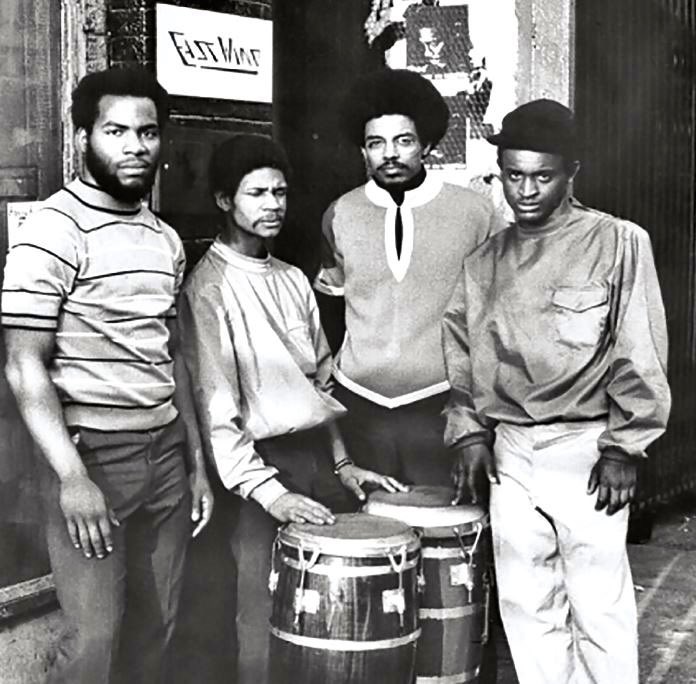
6/ The Muslims of the Last Poets, Jalal Nuriddin and Suleiman El-Hadi, were known to give powerful messages of the harsh realities of being Black in America while fusing their understanding of the religion of Islam into their poetry. 

7/ The influence of Islam on African-American culture dates well before the rise of hip-hop in the Bronx, and to a time when Malcolm X, Muhammed Ali, and the Nation of Islam particularly influenced the Black culture in seeking an identity that could ultimately resist oppression 

8/ Hip-hop emerged at a time that spoke to many people about social issues that Islam has historically regarded as well. Things like inequity, self-determination and the need for national community or an ummah 

9/ Since its beginnings, the pioneers of hip-hop culture – Rakim, Afrika Islam, Q-Tip, Big Daddy Kane, Nas, Mos Def (now Yasiin Bey) & more have connected themselves to an Islamic ideology & practice that has empowered Black movements since the early 20th century 
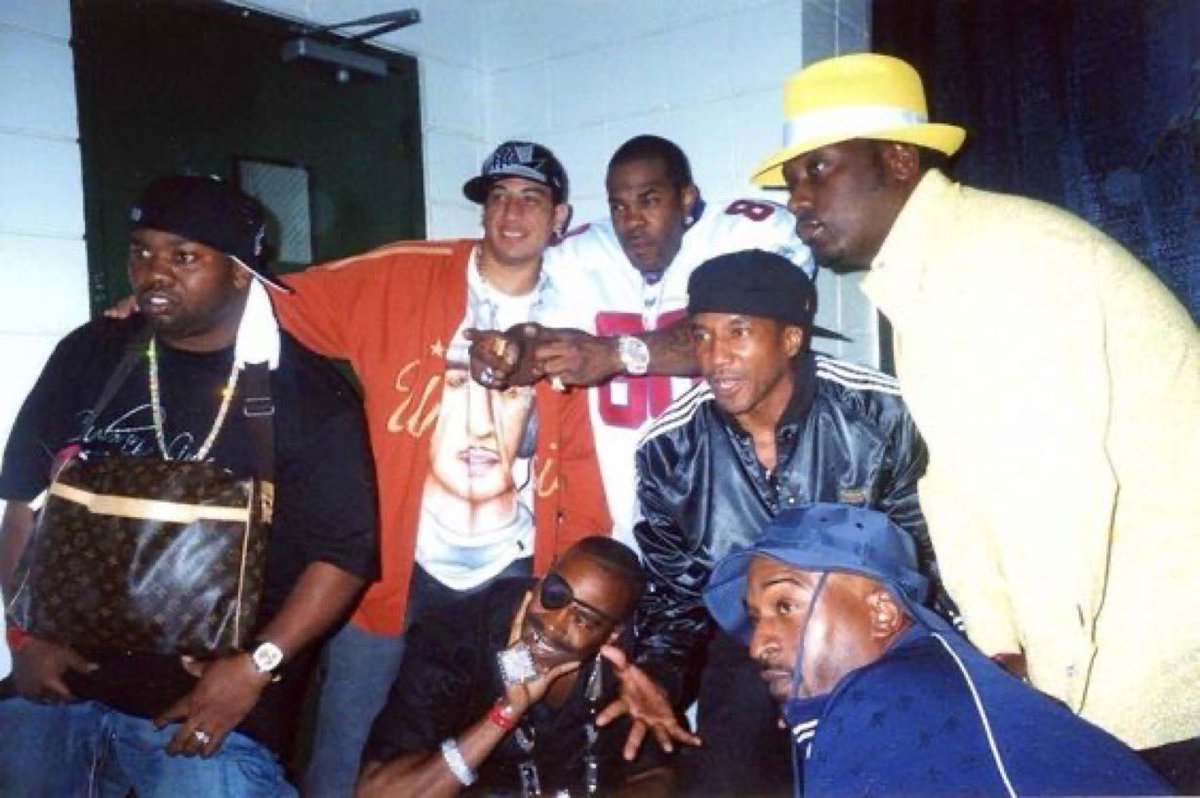
10/ Brooklyn MC Yasiin Bey talked about the exhibition ‘Return of the Mecca: The Art of Islam And Hip-Hop’ curated by Sohail Daulatzai. It showcases how hip-hop culture, from its very foundation until today, has been influenced by its relationship to Islam
11/ Prayers and Arabic terms have famously been incorporated into rap music. Yasiin Bey (Mos Def) started his 1999 album Black on Both Sides with the words “Bismillah ir Rahman ir Raheem” meaning “In the name of God, the most gracious, the most merciful”. 

12/ In Big Daddy Kane track Ain’t No Half-Steppinthe rapper famously signs off with the line “Hold up the peace sign, as-salamu alaykum the Arabic greeting for Muslims. It translates to “peace be upon you,” & it's not the only references to Islam in hip-hop's foundational tracks 

13/ UK rap frontrunner and Channel U fave Sway recited Surah Al-Fatiha, the first chapter from the Holy Quran, in its entirety on his 2006 record This Is My Demo. 

14/ Even non-Muslim artists commonly use Islamic references. Lines such as “Ride with the mob, Alhamdulallah,” from ASAP Ferg’s 2017 single “Plain Jane”, or Drake dropping, “This is a blessing mashallah, wallahi” on the “Sweeterman” remix. 
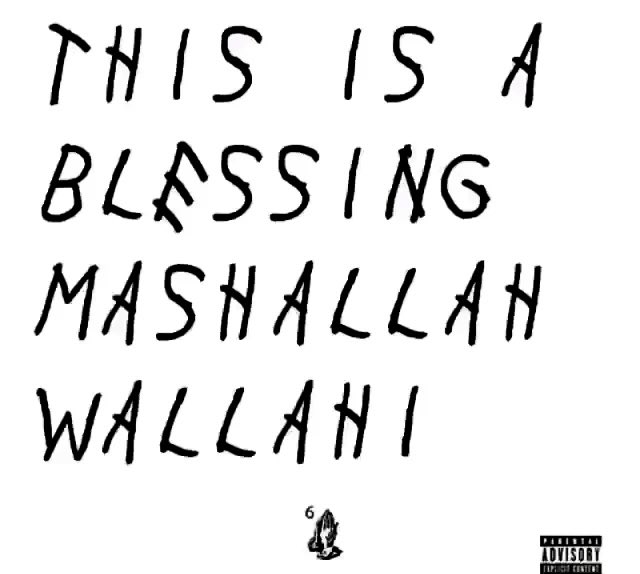
15/ Today, Islam continues to show up in hip-hop. We see it through the work of Jay Electronica, Yasiin Bey, Lupe Fiasco, and globally through UK’s Backroad Gee & Lowkey, Jordan’s The Synaptik and Palestine’s Tamer Nafar to name a few. 
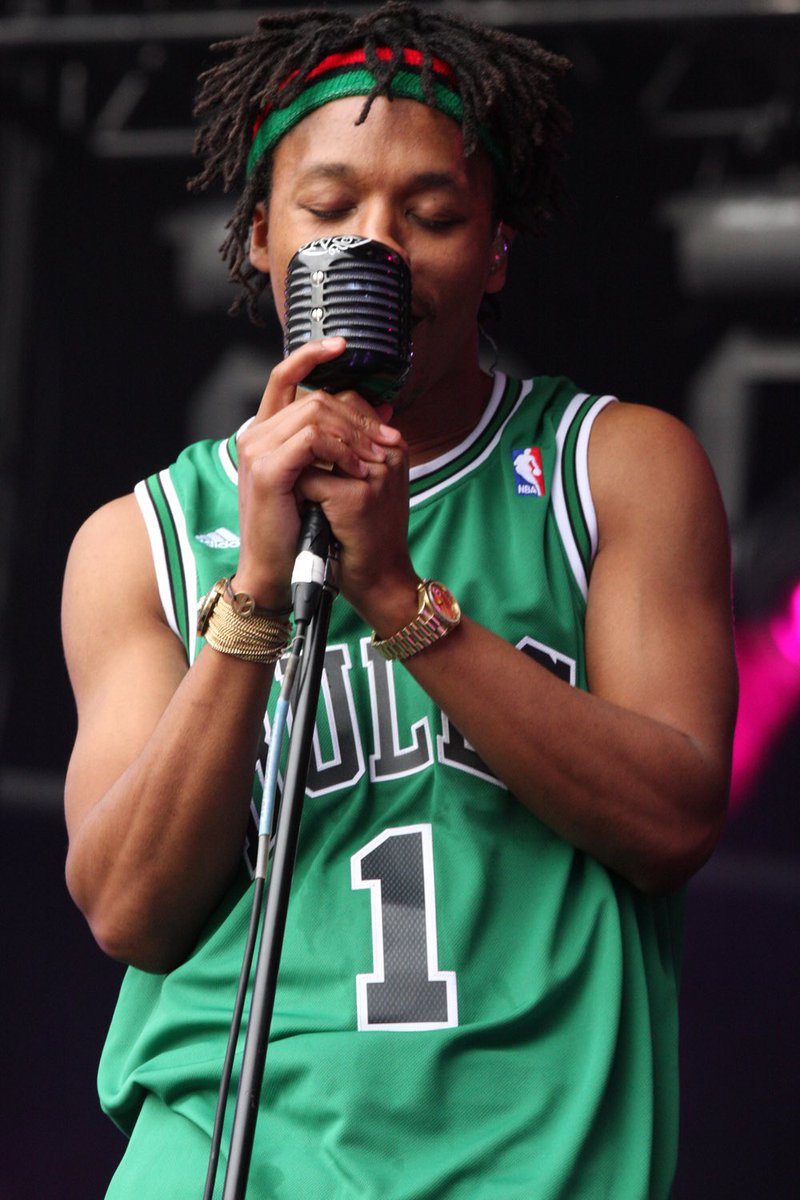
16/ Hip-hop inspires Muslim artists across the world. This video features rappers from all 31 provinces of Iran, with many regional dialects and languages represented
Find out more
Find out more
https://twitter.com/yakabikaj/status/1507359124014702600?s=21&t=TA69Ob5cDZseJ7okSqV5kA
17/ Eva B is a Pakistani hip hop rapper. She comes from a Baloch family, and writes and sings in Balochi & Urdu. @iamevaab is known for bright niqabs & her appearance on the music television series Coke Studio in 2022 with her song ‘Kana Yaar’ & created a track for #MsMarvel
19/ The five elements of hip-hop are: MCing, DJing, Breakdancing, Graffiti & Knowledge. A parallel is the five pillars of Islam. For example in Muslim visual arts, calligraphy, is the most prominent form of Islamic art and uses words as its form. That is similar to graffiti. 

20/ Contemporary Arabic Calligraphy Artists have created a new style - calligraffiti. This is a combination of hip hop culture, graffiti & visual arts. Calligraffiti is an urban art as much as it is a gallery art & as such it has served as a tool to reclaim public spaces @elseed
21/ Artist @elseed uses his distinctive style of Arabic calligraphy merged with graffiti, to spread messages of peace, & highlight the commonalities of human existence. His calligraffiti is a tool for unifying communities, & can be found over the world… 

22/ Saudi Artist known by his street name AS Official is based in
Jeddah. Renowned for his freehand calligraffiti murals, his work reflects the love and passion he has for the written word…
Jeddah. Renowned for his freehand calligraffiti murals, his work reflects the love and passion he has for the written word…
23/ British Muslim artist & brandalism activist @Teakster believes art has the power to unite people, & connects communities by challenging perceptions of space, replacing outdoor advertising with beautiful artwork… 

Find out more about Islam and hip-hop
baytalfann.com/post/islam-hip…
baytalfann.com/post/islam-hip…
• • •
Missing some Tweet in this thread? You can try to
force a refresh





